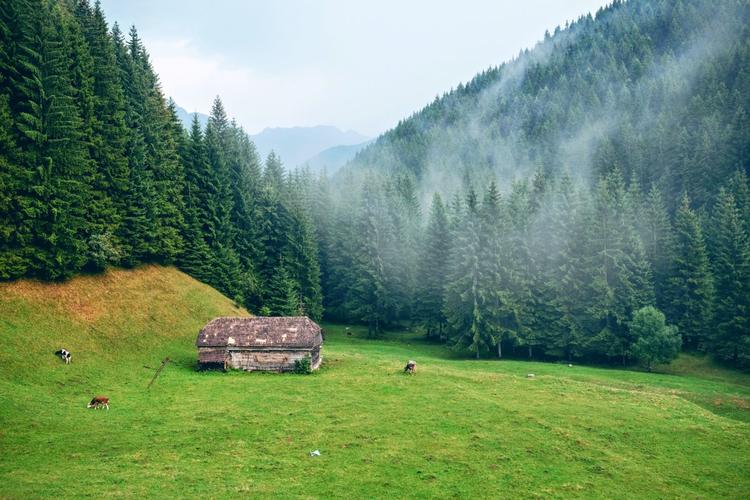Human culture is a multifaceted and intricate system that has puzzled and fascinated people for centuries. Unraveling the complexities of human culture requires a nuanced understanding of the factors that contribute to its formation and evolution. In this blog post, we will explore this topic using the 6-1 short answer format. Let’s begin.
Q1. What are some defining characteristics of human culture?
A1. Human culture encompasses various aspects of life, including language, arts, customs, religions, and social norms. It is a learned behavior that distinguishes humans from animals and has the ability to change over time.
Q2. What are the primary factors that shape human culture?
A2. Human culture is shaped by a multitude of factors, including geography, history, politics, economics, and technology. These forces contribute to the creation and development of particular cultural practices and beliefs.
Q3. How do people learn and transmit their cultural values?
A3. People learn and transmit cultural values through socialization, education, media, and tradition. These processes allow individuals to internalize and reproduce cultural practices and beliefs, passing them on to future generations.
Q4. What are some challenges to preserving and sharing cultural practices?
A4. In today’s globalized world, cultural practices can be threatened by homogenization, cultural appropriation, and hegemonic forces. Additionally, the transmission of cultural practices can be hindered by language barriers and limited access to education and resources.
Q5. How can we appreciate and celebrate cultural diversity?
A5. To appreciate and celebrate cultural diversity, we should engage in cross-cultural dialogue, promote cultural exchange programs, and support multicultural education. We can also learn about other cultures through travel, literature, music, and cuisine.
Q6. What is the future of human culture?
A6. The future of human culture is uncertain, and it will continue to evolve in response to the changing world. However, it is important to recognize the value and richness of cultural diversity and take steps to protect and celebrate it.
In conclusion, unraveling the complexities of human culture requires a comprehensive understanding of its defining characteristics, shaping factors, transmission processes, preservation challenges, and future prospects. By embracing cultural diversity and engaging in cross-cultural dialogue, we can appreciate and celebrate the beauty and uniqueness of human culture.
(Note: Do you have knowledge or insights to share? Unlock new opportunities and expand your reach by joining our authors team. Click Registration to join us and share your expertise with our readers.)
Speech tips:
Please note that any statements involving politics will not be approved.
